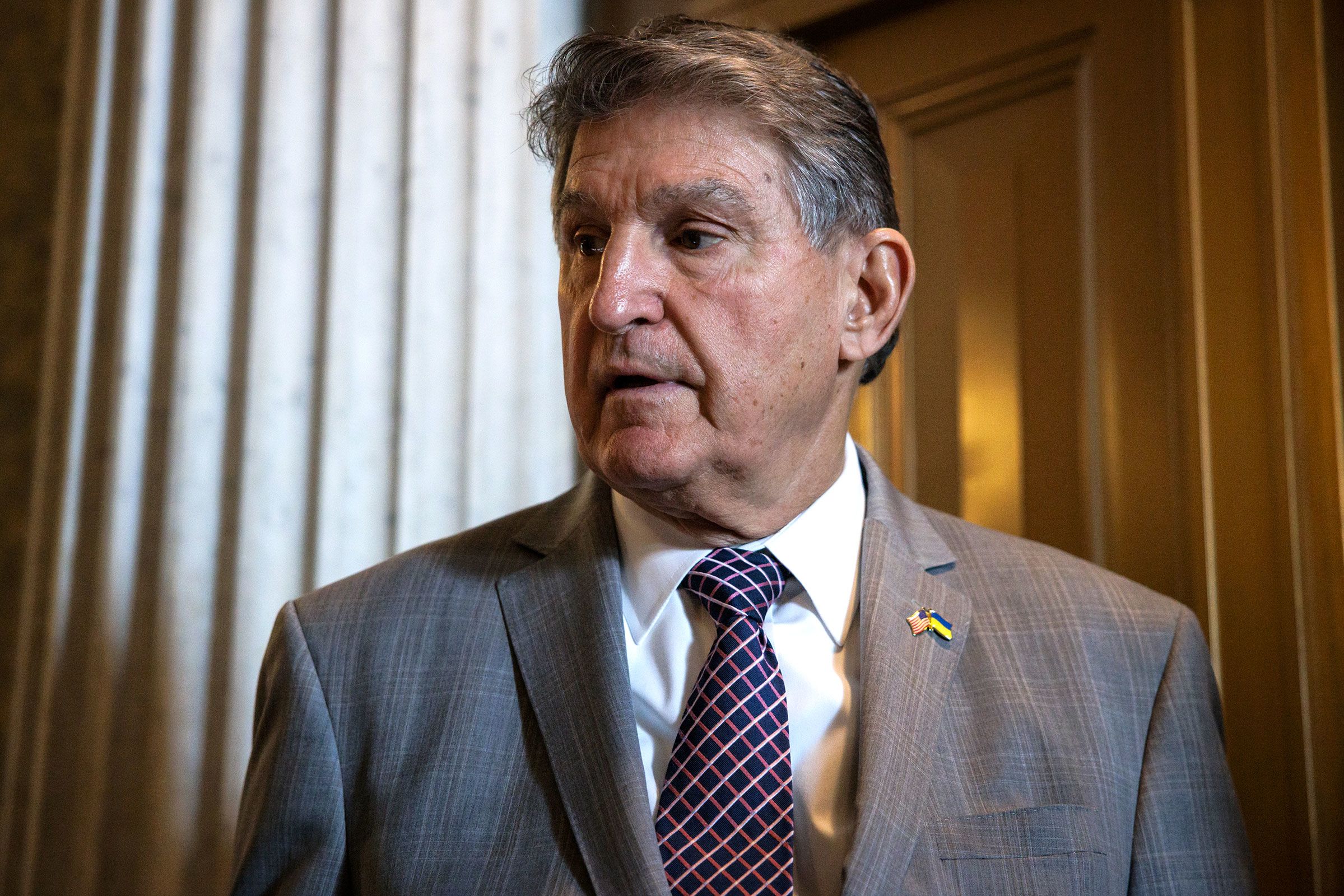West Virginia Senator Joe Manchin confirmed on Friday that he will not be pursuing a presidential campaign in 2024. The announcement was made during a speech at West Virginia University in Morgantown, where the retiring Democratic senator stated, “I will not be seeking a third-party run. I will not be involved in a presidential run.”
Manchin has been touring the nation, considering a potential third-party presidential candidacy, possibly under the No Labels ticket. While he has criticized President Joe Biden for leaning too far left, he has also expressed his refusal to support any efforts that would facilitate Donald Trump’s return to the White House.
Previously, Manchin had set a spring deadline for his decision, but has chosen to withdraw early to concentrate on a new group, Americans Together, which advocates for moderate politics.
A Centrist in a Polarized Landscape
Manchin, a centrist, has often found himself at odds with his party colleagues throughout his congressional tenure, which began in 2010 after he won a special election for a vacant Senate seat. Despite aiding Biden in securing key legislative victories in the first half of his presidency, Manchin has been a vocal critic of the president, particularly on issues such as the environment, energy, and the economy.
In his Friday speech, Manchin criticized both parties, with Republicans in Washington and Trump receiving the brunt of his disapproval. He expressed disappointment over the collapse of the bipartisan border deal last week, attributing it to attacks on the legislation by top House Republicans and Trump, who has made the border a central campaign issue in his presidential bid.
Manchin’s Vision for Washington
Manchin emphasized the need for Washington to focus on commonsense ideas that enjoy widespread popularity in the country, such as codifying abortion rights protected by Roe v. Wade, eliminating the national debt, and enhancing gun safety. He cited the recent shooting at the Kansas City Chiefs’ Super Bowl celebration rally as an example of the urgent need for gun law reform.
Manchin also criticized liberal Democrats for attempting to impose too many cultural changes on the country. He accused the Democratic Party of stifling competitiveness, highlighting presidential candidate Robert F. Kennedy Jr.’s struggles to be taken seriously at party events.
No Labels and the Future
Just a few months ago, Manchin was a leading potential candidate for a No Labels presidential unity ticket, alongside Larry Hogan, the Republican former governor of Maryland. However, Hogan has since opted for a Senate run in Maryland, and Manchin has now also declined the opportunity.
No Labels responded to Manchin’s announcement by stating that they have been working for 14 years to create a movement for America’s commonsense majority and welcome Senator Manchin’s efforts to strengthen it. They added that they are in talks with several exceptional leaders and will announce in the coming weeks whether they will offer their line to a Unity ticket.
Manchin: Not a ‘Washington Democrat’
Manchin announced in November that he would not seek a third full Senate term this fall, dealing a blow to Democratic chances of maintaining their narrow majority in the chamber. He has not ruled out a departure from his party, stating, “I’ve never considered myself a Washington Democrat. I’ve been a very independent person.”
Manchin has made public stops in states such as New Hampshire, South Carolina, and Georgia, saying he believed there’s a role for him as a national icon in the “fiscally responsible and socially compassionate” middle, comparable with the role Vermont Sen. Bernie Sanders plays for the progressive left.
Despite the popularity of the idea of a third-party or independent candidate for president, in reality, third-party bids rarely generate as much support as pre-election polling would suggest.
This story has been updated with additional information. CNN’s Kaitlan Collins, Shania Shelton, Aaron Pellish and Ariel Edwards-Levy contributed to this report.

